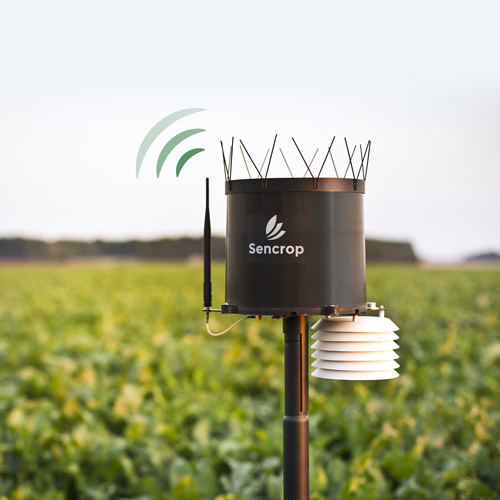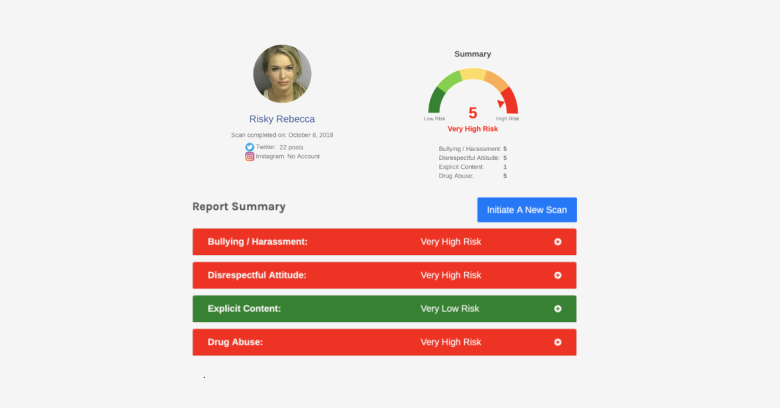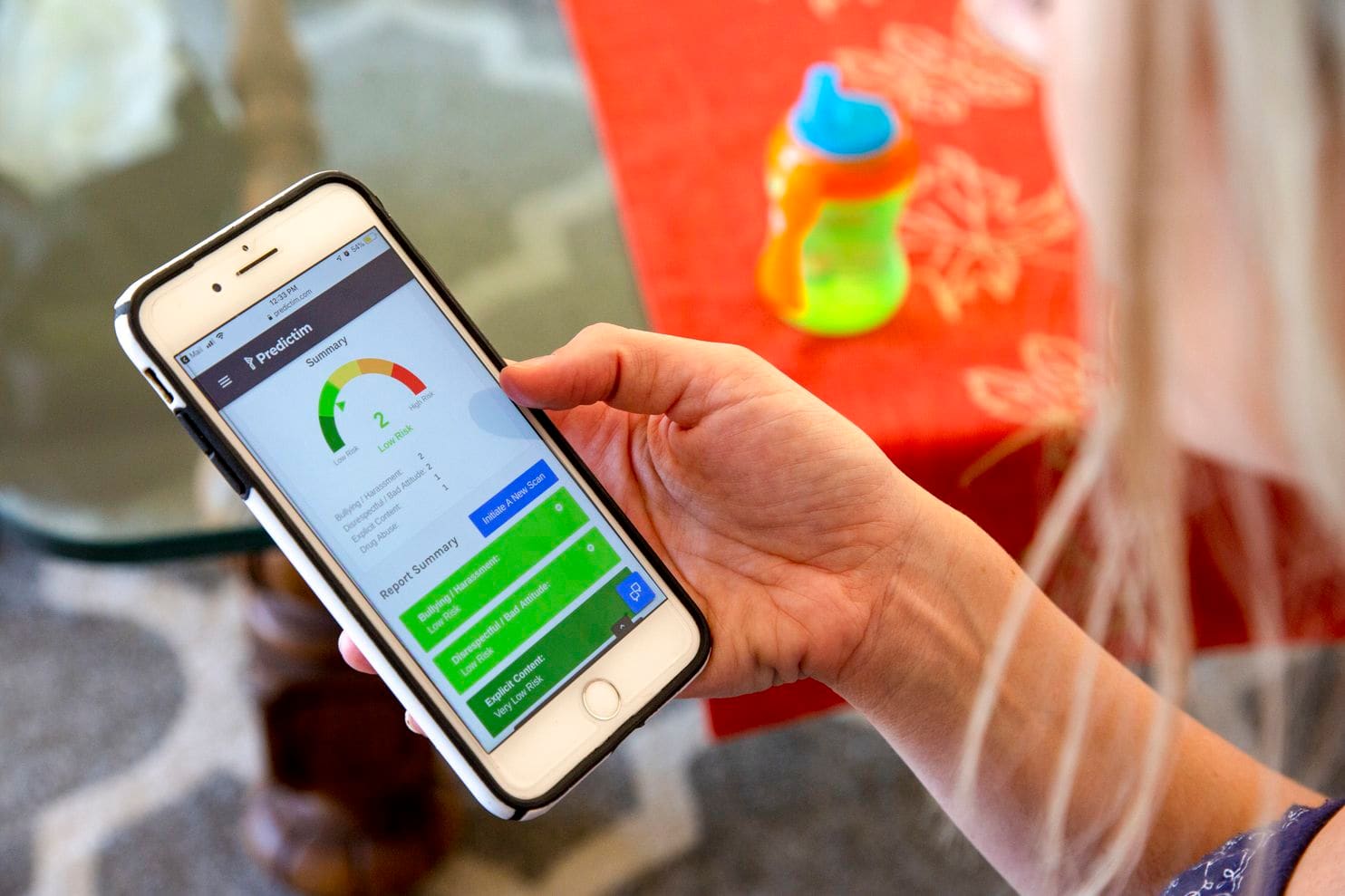Recently, a French startup has introduced Sencrop – data platform and a service marketplace. As today, agriculture decisions rely more and more on data analysis, company claims that it wants to be a one-step shop for farmer’s digital needs when it comes to leveraging data. Stations measure humidity, temperature, rainfall, windspeed etc. It also gives farmers an ability to make better agronomic decisions (ultra-local weather information), and interact with their partners (streaming data).
“On the other side of the platform, there are people broadcasting services to farmers,” co-founder and CEO Michael Bruniaux told the reporter of Techcrunch. “For instance, we can predict a disease and the farmer knows whether they need a product or not to prevent the disease.”
COSTS
Each station costs from $340 and $570 (you can install it by yourself – it’s very easy) and you can have as many as you want.
Then, you have to pay annual subscription to access the platform. The cost of this is between $170 and $340. Sencrop will predict the next steps that have to be taken to live regarding to sensors.
BENEFITS
What the company wants to achieve is to create a full-fledged marketplace in which communication between companies and their cooperatives can be the most efficient. You could easily subscribe to an insurance product or order seeds.
Sencrop also wants to create a community in which all farmers have combined data points. If people around you are also using Sencrop, you will get a better forecast on what to expect. It also wants to expand to the new markets (they started with potato crops, vineyard and cereals but now you can find all kind of profiles on Sencrop).
FUN FACT:
Sencrop won the top award for its high-precision agrometeorological station and platform at the 2017 SIMA Innovation Awards ceremony.
In Europe, over 5,000 farmers are already using the platform to monitor their farms. What do you think, will Sencrop be popular in a few years? Will it be a necessity for modern farmers? Or will it be replaced by some different innovation?
Resources:
www.sencrop.com/en/
www.digitalfoodlab.com/en/foodtech-database/sencrop
www.techcrunch.com/2019/01/31/sencrop-is-a-data-platform-to-help-farmers-manage-their-lands/









